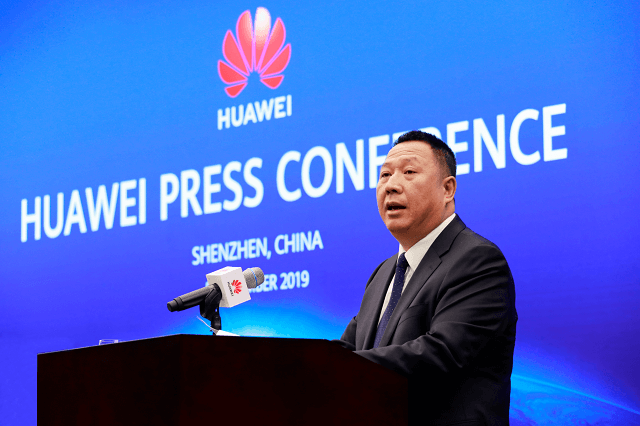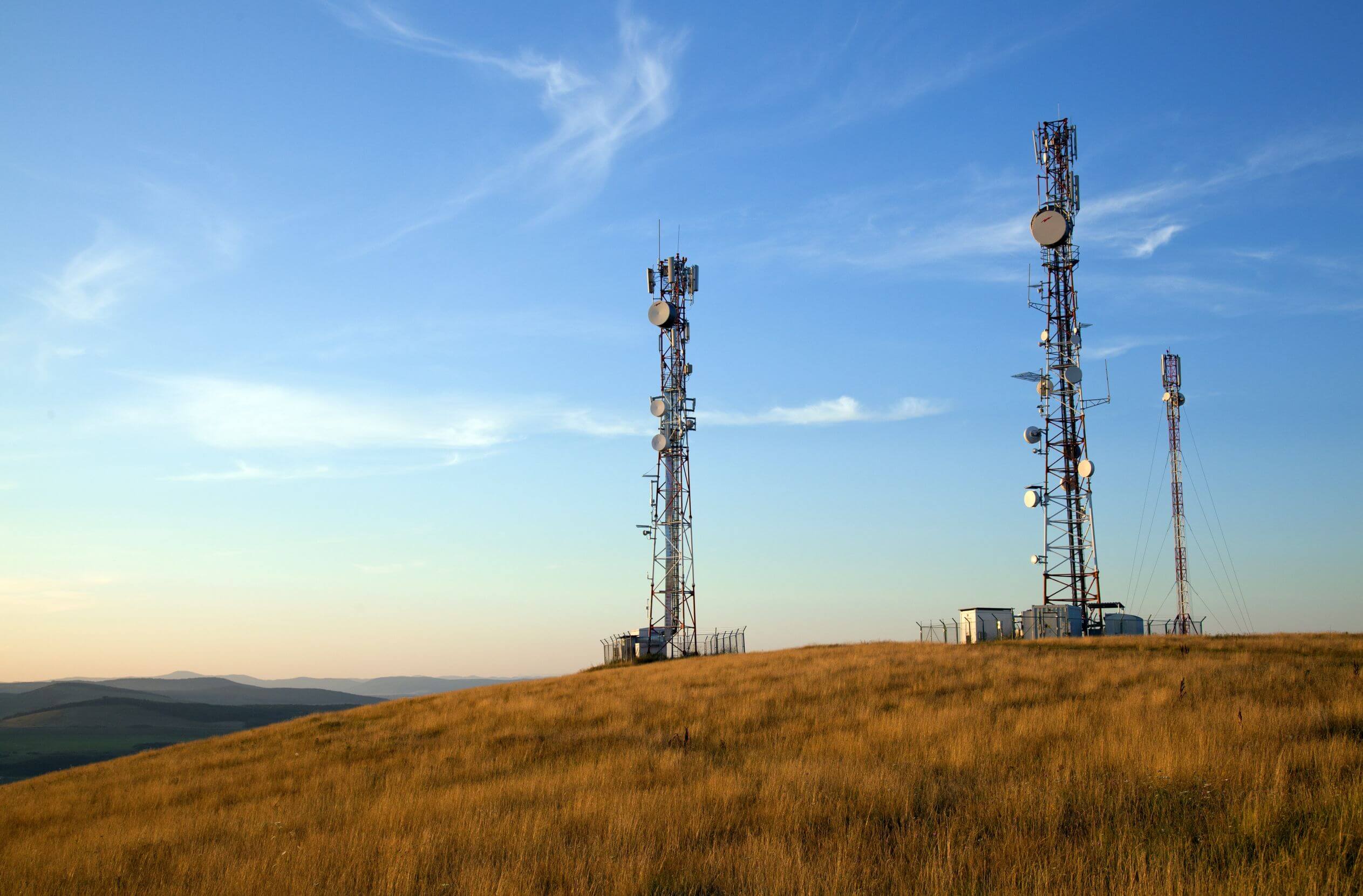The big picture: Huawei is one of the biggest losers in the trade war between China and the US, but the company isn't giving up so easily. After seeing its license to buy from and sell to American companies being approved and denied at the whim of political actors, Huawei decided to sue the FCC in hopes of proving that national security concerns were a merely a pretext without evidence.
Last month, the FCC issued a ban order on subsidies for carriers that wanted to use them to purchase network equipment from Chinese suppliers like Huawei and ZTE. Naturally, the rumor mill has been abuzz with reports that Huawei is preparing to fight back against the decision, which doesn't affect large wireless providers like Verizon and AT&T. It does, however, affect smaller carriers that operate in rural areas in the US and depend on the FCC's $8.5 billion Universal Service Fund to deploy their services.
Today, Huawei filed a petition in the United States Court of Appeals for the Fifth Circuit, alleging the FCC's order is unlawful, as it didn't offer the company the standard due process protections before labelling it as a national security threat.
In a press release, Huawei's chief legal officer Song Liuping said that "banning a company like Huawei "just because we started in China - this does not solve cyber security challenges." Song believes the FCC didn't present any evidence that Huawei's equipment is a security concern and ignored the company's 21 objections expressed since the proposal was made in March 2018.

The company argues that carriers which operate in remote areas of the US choose to purchase its equipment because "they respect the quality and integrity" offered by Huawei.
Previously, Huawei has been lashing out at the US for "using every tool at its disposal" to interfere with its global business. That said, the company seems to be doing very well financially, and the US Commerce Department has recently started processing applications from American companies that want to continue doing business with Huawei.
Now the company is making a case that the FCC has exceeded its "statutory authority" and shouldn't be able to restrict the use of USF funds based on judgements made with "no national security expertise."
Huawei's vice president of communications, Karl Song, notes that the FCC's decision will affect people in rural areas, as large carriers are supposedly unwilling to serve areas that are too remote and costly to support. He also believes that some small carriers might go bankrupt as a result.
